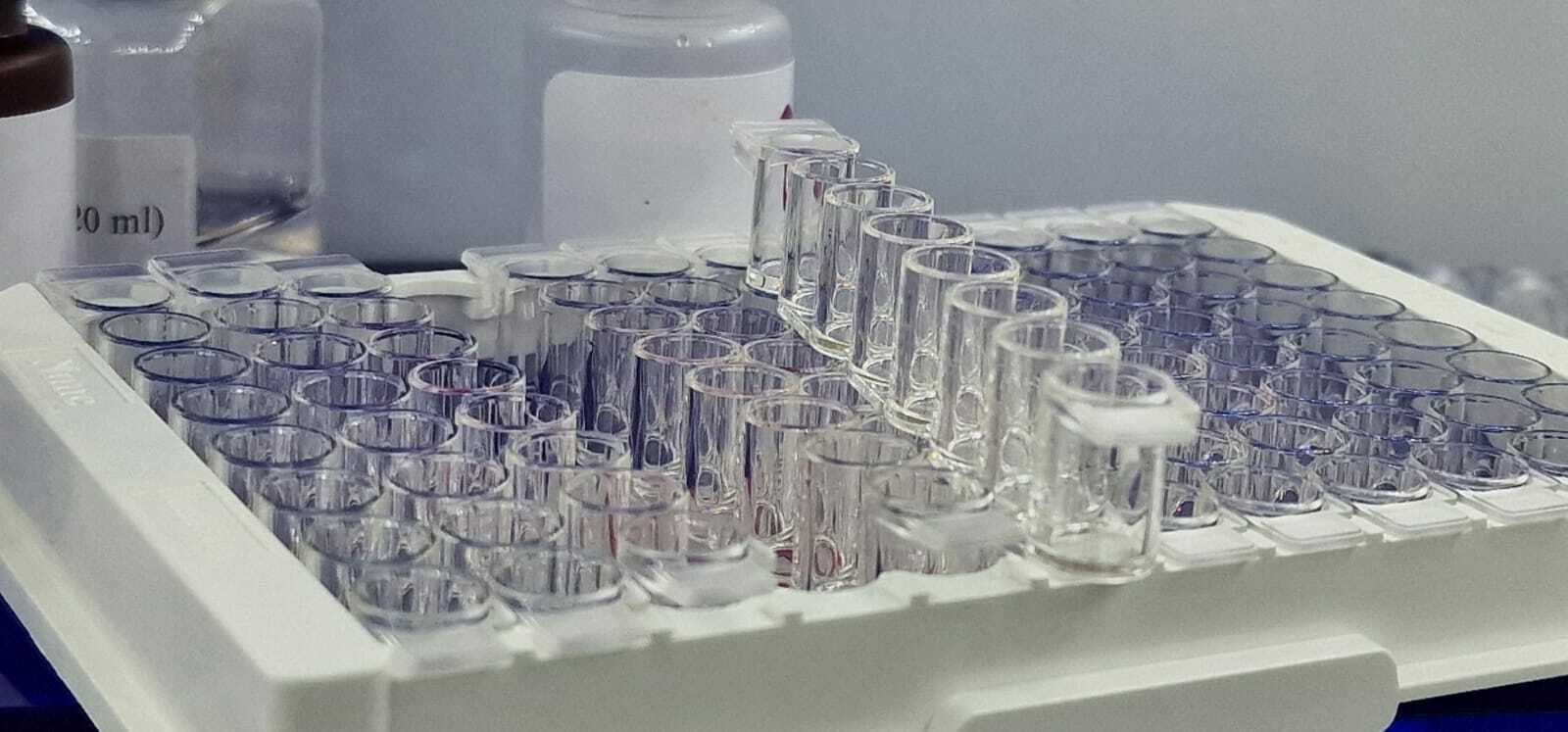ELISA
An ELISA kit, is a widely used tool in medical diagnostics and scientific research for the detection and quantification of specific proteins, antibodies, peptides, hormones, and other biomolecules in biological samples. ELISA kits are based on the principle of antigen-antibody interactions and utilize enzyme-linked detection systems to generate a measurable signal indicative of the presence and concentration of the target analyte.

Here's a breakdown of the components and workflow typically included in an ELISA kit:
Microplate: ELISA kits usually come with a 96-well microplate, where samples, standards, and controls are added for analysis.
Coating Antibody: The microplate wells are coated with a capture antibody specific to the target analyte. This antibody binds the analyte present in the sample.
Sample Diluent: A buffer solution provided in the kit for diluting the samples to an appropriate concentration, ensuring accurate detection within the dynamic range of the assay.
Standards: A series of known concentrations of the target analyte are included as standards to generate a standard curve for quantification.
Detection Antibody: A detection antibody, also specific to the target analyte, is added after sample incubation. This antibody binds to the captured analyte, forming a sandwich complex.
Enzyme Conjugate: An enzyme-linked secondary antibody is added, which binds to the detection antibody. The enzyme conjugate generates a detectable signal in proportion to the amount of analyte bound.
Substrate Solution: A substrate specific to the enzyme used in the conjugate is added, initiating a colorimetric or chemiluminescent reaction.
Stop Solution: For colorimetric assays, a stop solution is added to halt the enzymatic reaction. This step is not required for chemiluminescent assays.
Plate Reader: After the reaction is complete, the absorbance or luminescence of each well is measured using a plate reader. The signal intensity is proportional to the concentration of the target analyte in the sample.
ELISA kits are available for a wide range of targets and are commonly used in clinical diagnostics, pharmaceutical research, immunology, microbiology, and other fields. They offer high specificity, sensitivity, and reproducibility, making them valuable tools for quantitative analysis of biomolecules in biological samples.
There are no products listed under this category.
